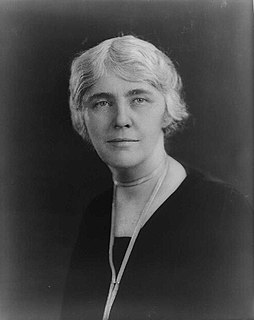A Quote by Nancy Reagan
With Alzheimer's patients, you have to be very careful what you say when you're looking at them over their bed. Because once in a while, they understand it.
Quote Topics
Related Quotes
It must be because you're so approachable", I say flatly. "You know, like a bed of nails." He stares at me, and I don't look away. He isn't a dog but the same rules apply. Looking away is submissive. Looking him in the eye is a challenge. It's my choice. Heat rushes into my cheeks. What will happen when this tension breaks? But he just says, "Careful, Tris.
The important thing is to be able to understand anyone who has something useful to say. - There is a general moral here. Be very careful and very clear about what you say. But do not be dogmatic about your own language. Be prepared to express any careful thought in the language your audience will understand. And be prepared to learn from someone who talks a language with which you are not familiar.
Over the summer we chatted one night while Angie stripped a bed, changed wet sheets, comforted and repajamaed a toddler, and chased down a car of speeding teenagers while shaking a brick at them, never once interrupting the conversation or setting down her margarita. The only reason this woman isn't president of General Motors is because she's chosen not to be.
It's like aversion therapy. You keep doing scenes over and over again with three women in the bed with you, and we had to do them all in one week. Three girls would step out and another three girls would step into the bed. It sounds like a fantasy but by the end of it, I just wanted to go for a hike on my own in the north of England, in the hills. Because it became a sort of "be careful what you wish for" kinda thing.
One of the strangest experiences one can have is to sleep on stage, as I once did in Sydney when I'd lost the key to my flat. I had to stay at night in a bed, which conveniently was on stage because my character Sandy Stone did his monologue from a bed. To wake up looking at a shadowy auditorium is a very peculiar feeling.
The rhythm of music is very, very important for people with Parkinson's. But it's also very important with other sorts of patients, such as patients with Tourette's syndrome. Music helps them bring their impulses and tics under control. There is even a whole percussion orchestra made up exclusively of Tourette's patients.

































